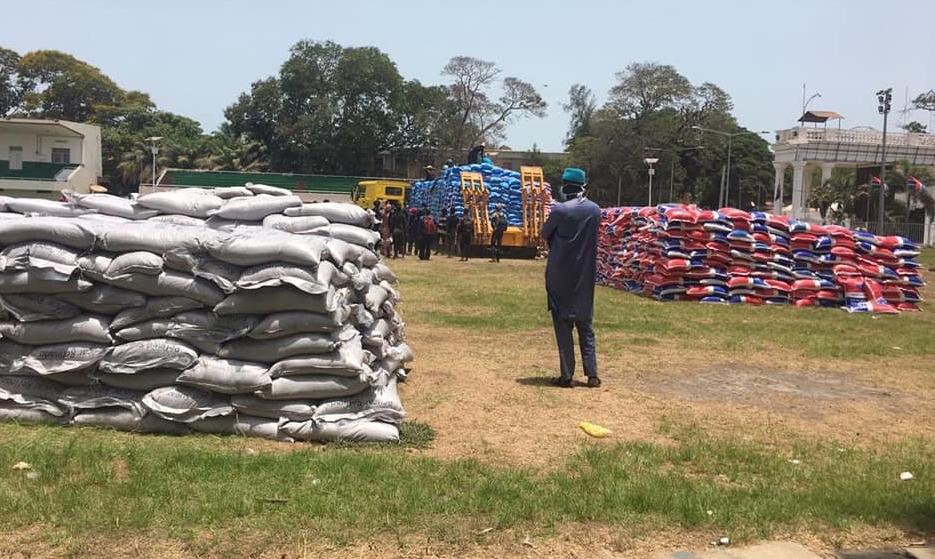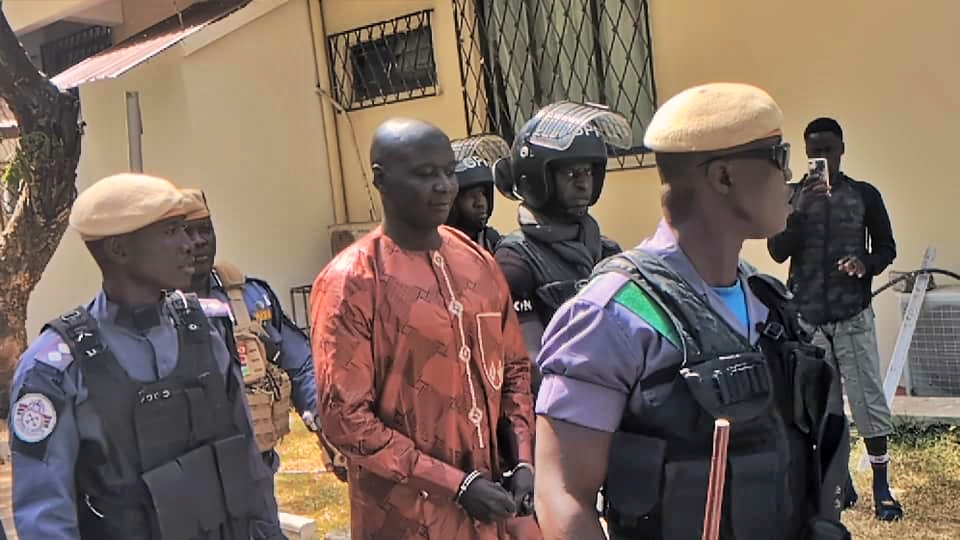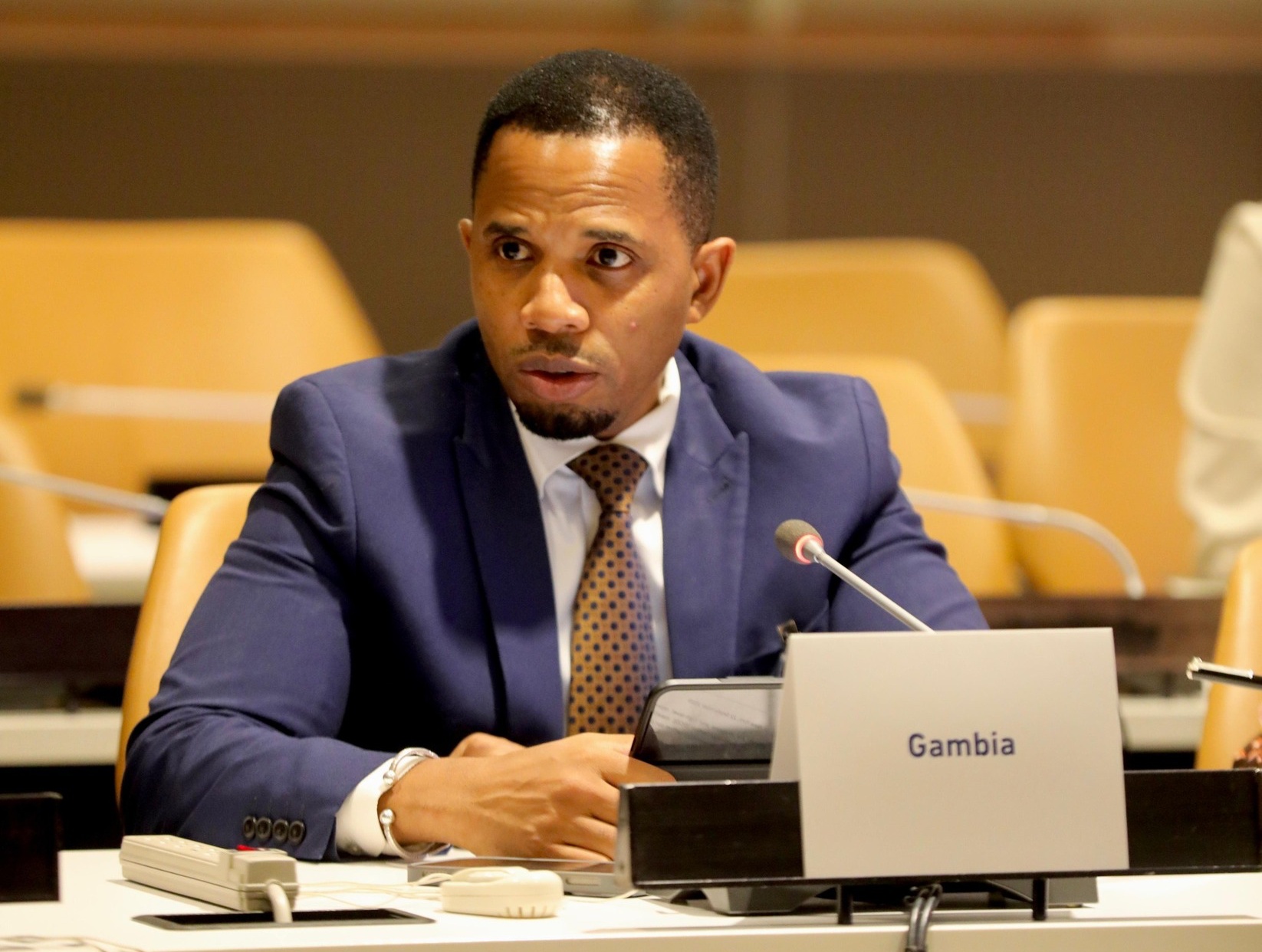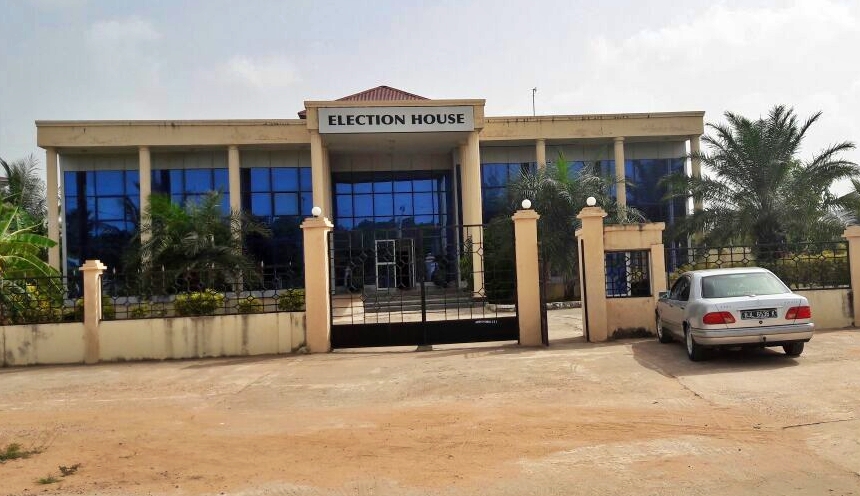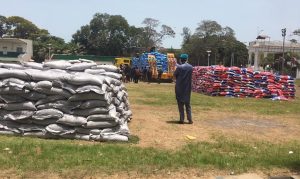Gambiaj.com—(Banjul, The Gambia)— A Nairobi-based Tech Consumer specialist and Audience Engagement Editor has offered a contrasting perspective on the recent controversy surrounding Starlink’s licensing efforts in The Gambia, arguing that reports of undue pressure from the US Ambassador may have overlooked a more complex interplay of diplomatic, economic, and strategic factors.
In a contribution published on Muck Rack, George Kamau, a journalist at Techweez, an online magazine covering consumer technologies, internet business news, and reviews in Nairobi, Kenya challenges the narrative that US Ambassador Sharon Cromer explicitly pressured Gambian officials to grant Starlink a license.
Instead, Kamau suggests a nuanced scenario where standard diplomatic practices, coupled with a genuine interest in development, were misinterpreted.
According to Kamau, while Ambassador Cromer’s statements regarding US aid reviews being tied to Starlink’s licensing were perceived by the deputy communications minister as a “shadowed threat,” this interpretation might be premature.
Kamau points out that reviewing foreign aid is a routine procedure during an administration change, and without full transcripts, concluding deliberate pressure is speculative.
He further notes that US embassies commonly assist American enterprises abroad, highlighting their potential contributions to local economies and development.
Kamau underscores several critical aspects often missing from the public discussion. For instance, the Gambian telecom regulator would have approached Starlink cautiously, considering typical issues faced by African regulators with burgeoning satellite internet technologies, such as spectrum allocation, data safety, and national sovereignty.
Furthermore, beyond the skepticism expressed by the permanent secretary of the communications minister, it’s entirely possible that other Gambian officials might have supported the project as a means to bridge the digital divide and enhance public services.
Little is also known about any local commitments from Starlink, such as subsidized connectivity programs for schools or health clinics, or initiatives to build local skills.
Lastly, Kamau suggests that Ambassador Cromer’s references to aid were likely well within the bounds of a standard diplomatic approach to commercial-development linkages, rather than outright coercion.
Kamau emphasizes that for The Gambia, which grapples with significant connectivity issues, the prospect of Starlink’s satellite internet service—promising faster broadband and extended reach for underserved areas—would be “irresistible.”
He suggests that US officials, including Ambassador Cromer, likely identified Starlink’s expansion as a worthwhile development endeavor, citing potential benefits for telehealth and education.
Beyond The Gambia, Kamau frames Starlink’s promotion as part of a broader US diplomatic push in developing nations. This campaign, he argues, is driven not only by commercial interests but also by strategic concerns regarding the increasing influence of China and Russia in Africa’s digital infrastructure.
He highlights that US policymakers, such as Secretary of State Marco Rubio, have expressed anxieties about foreign competition in satellite internet technology, making the success of an American company like Starlink crucial for US technological and geopolitical dominance.
While acknowledging that Starlink’s urgent pursuit of licenses in countries like Djibouti has been termed “ramming through” approvals, Kamau offers Starlink’s perspective: a legitimate business strategy to circumvent unnecessary bureaucratic hurdles and gain a competitive edge in emerging markets.
Addressing concerns about Elon Musk’s political influence and potential cronyism, Kamau asserts that while the timing and intensity of US diplomatic efforts might suggest an association with Musk’s interests, a quid pro quo has not been established.
He stresses the importance of distinguishing between legitimate governmental support for American businesses and instances of unfair preferential treatment, stating that “crony capitalism” in this context remains unverified. He posits that the US government may genuinely view Starlink’s expansion as beneficial for both economic development and national strategic interests.
Kamau’s analysis underscores the complex interplay of international diplomacy, business ambitions, and regulatory challenges inherent in the Starlink expansion in The Gambia. He calls for impartial treatment and further investigation to uncover the true consequences of this unfolding story, particularly as digital infrastructure becomes a new front in geopolitical competition.




